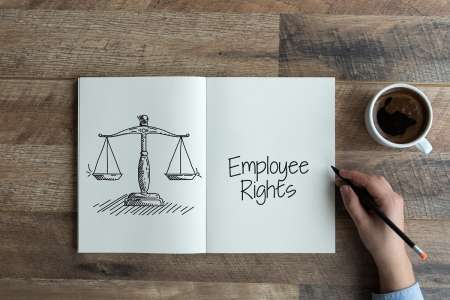
Bills aimed at giving parents and carers new protections at work concerning leave entitlement and redundancy protections received royal assent on 24 May 2023.
These new laws are as follows:
- The Neonatal Care (Leave and Pay) Act
- The Protection from Redundancy (Pregnancy and Family Leave) Act
- The Carer’s Leave Act
Additional secondary legislation will need to be created to implement these new rights and protects, and we await an announcement for this.
Charities and parties will warmly welcome these developments following years of campaigning.
In the article below, Myerson’s team of expert employment lawyers explores each in greater detail.







